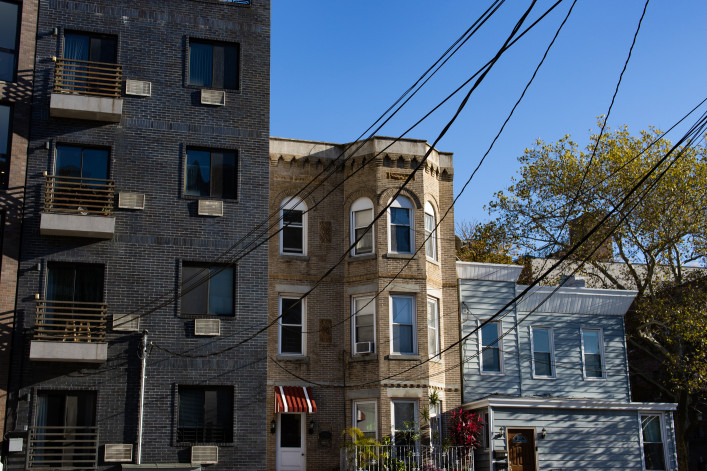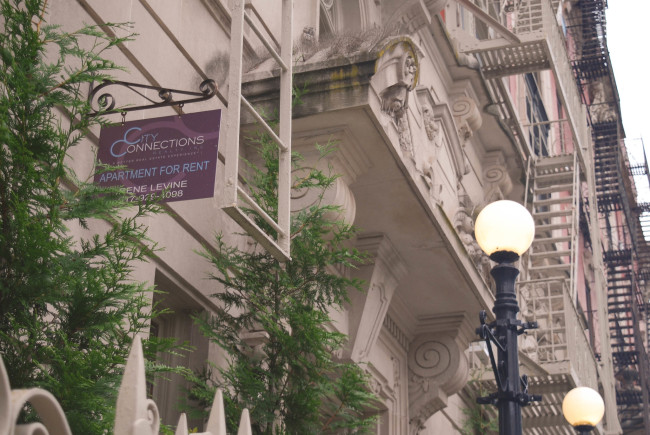Bill shifting broker fees to landlords is back. So is the fight to pass it
- NYC renters usually have to cover a broker’s fee, regardless of who hired the broker
- Broker fees typically range from 12 to 15 percent of an apartment’s annual rent

Ossé’s bill has gained the support of a majority of the New York City Council's members.
iStock
If at first you don’t succeed, try, try again.
It seems New York City Councilmember Chi Ossé has taken that advice to heart. On Feb. 29, Ossé reintroduced a bill that would require whoever hires an apartment broker in NYC to pay the broker's fee. This follows up an unsuccessful bid to get it passed last year.
The bill, dubbed the “Fairness in Apartment Rental Expenses Act,” would let renters off the hook for paying a broker’s fee when the landlord hires the broker. Usually, a renter will pay 12 to 15 percent of an apartment’s annual rent to the broker, regardless of who hired them, and there's no cap on what a broker can charge.
“A party that purchases or contracts a good or service should be responsible for the cost,” Ossé said in a statement. “I am thrilled to reintroduce this critical piece of legislation that will bring transparency and fairness to New York’s complex and expensive rental market.”
Past opposition to the bill
Ossé’s bill gained the support of a majority of city council members last year, but it faced significant opposition from the Real Estate Board of New York (REBNY), which represents brokers and agents in NYC. REBNY maintains that the bill would cut into broker’s pay.
“REBNY represents thousands of agents that oppose this bill as it would threaten their livelihood,” said Reggie Thomas, REBNY’s senior vice president of government affairs. “Our members add significant value to the home search process for renters and will fight for fair compensation for their hard work.”
The FARE Act still has the support of a majority of the council, though by a slightly slimmer margin than it did by the end of 2023. So far, 26 council members have signed on to the bill as sponsors, compared to the 30 that sponsored the previous version last year.
A path forward?
Still, Ossé was confident that the bill would pass this year.
“I am confident this will soon become law,” Ossé said in a statement. “The FARE Act has the potential to alleviate prohibitive upfront costs for workers and growing families searching for a new home. It will help tenant-side brokers who are often disadvantaged by the current system.”
There have been past attempts to curb broker fees. In early 2020, the New York Department of State briefly halted renter-paid fees under its interpretation of the 2019 Housing Stability and Tenant Protection Act, but subsequently changed its guidance. And a 2019 piece of legislation that attempted to cap fees at a single month’s rent failed to pass after significant pushback from the real estate industry.
New York state recently cracked down on sky-high broker fees, fining a New York City brokerage $260,000 for “excessive” fees that included a roughly $20,000 commission on a rent-stabilized Upper West Side apartment in 2022.


























